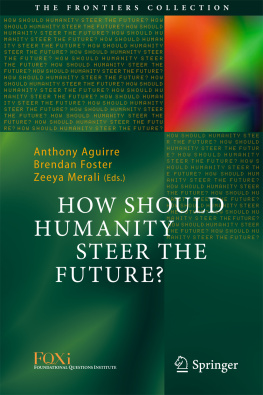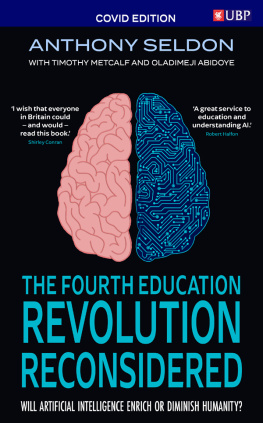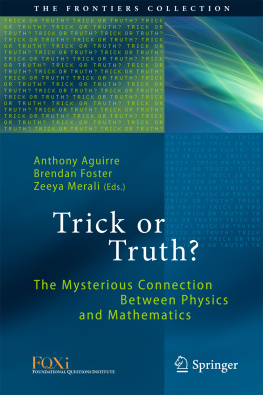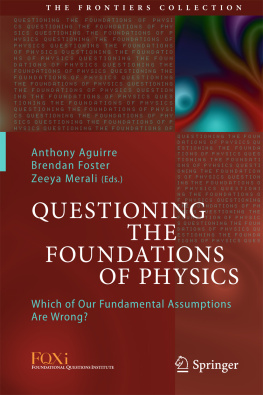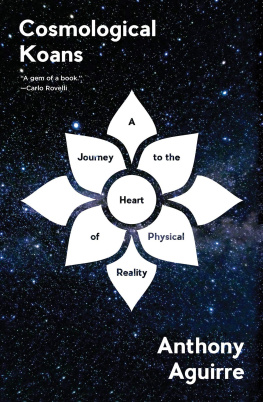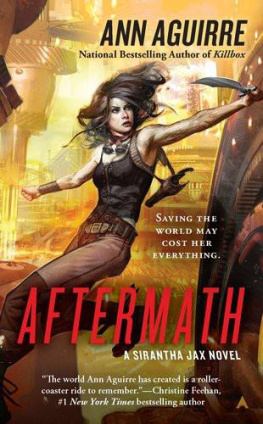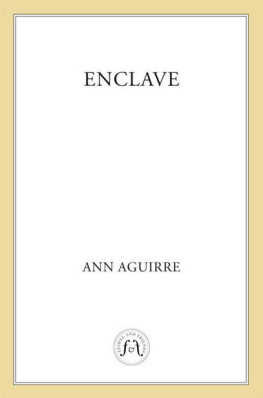1. Introduction
Improving the future for our civilization is one of the foremost goals of both the sciences and the humanities. These endeavours allow us to learn from both our past mistakes and successes, to anticipate potential catastrophes, and to develop technologies and lines of thinking to preempt them. Yet dystopic visions of the futureoften based on the unchecked rise of the very scientific and technological innovations designed to help societyabound in literature and film, while optimistic ones are more rare.
In 2014, FQXi launched an essay contest with the aim of redressing the balance by encouraging entrants to think about ways to avoid potentially self-fulfilling prophecies of doom and gloom. How, we asked, should humanity steer the future?
This was one of the broadest questions that we had yet posed for an essay contest, and required participants to not only imagine future pitfalls, but also to outline practical strategies to mitigate them. Our ever-deepening understanding of physics has enabled technologies and ways of thinking about our place in the world that have dramatically transformed humanity, and the world that we live in, over the past several hundred years. Some of the resulting problems that will face future generations are already apparent. It will require global efforts to address human-induced climate change, for instance. Yet, as we have seen, it is often difficult to persuade governments and the public to establish policies and habits now that may only reap benefits over the longterm. Other threats to humanity that could arise from future technology, such as artificial intelligence, have barely even entered serious public discussion. Many others will take an unknown form that we have yet to imagine based on the radically different modes of thought and fundamentally new technologies that could become relevant in the coming decades.
In this vein, we asked participants to consider what they believe the best state that humanity could realistically achieve might be, what plan would be needed to reach that point, and who would need to implement that plan. The contest drew 155 entries from thinkers both within and outside the academic system. It proved a resounding success, raising many new lines of inquiry and demonstrating the same creativity, big-picture thinking and depth of understanding seen in previous essay contests. This success, and the urgency of many of the issues brought to light, inspired the foundation of a separate body, the Future of Life Institute ( http://futureoflife.org/ ), which supports initiatives for safeguarding life and developing optimistic visions of the future. FLI has subsequently grown rapidly, with the successful launch of several initiatives addressing the future promise and perils of artificial intelligence.
This volume brings together the top 14 prize-winning entries from the contest. Some identify particular risks to humanitys security, while others propose general changes that could be made now to education and research in order to arm society against threats of any formwhether natural, human-induced, or even from alien civilizations. Still others address how to make society receptive to any proposed changes.
Our first-prize winner, Sabine Hossenfelder, challenges the value of the essay question itself. In Chap. , she notes that even if we knew how best to steer the future of humanity, that knowledge will be of little use if the wider population does not enforce it. She sketches a strategy for disseminating insights to the public in a palatable manner to maximise their impact, enabling people to evaluate possible courses of action for themselves in an informed manner.
The next two chapters deal with assessing the specific form of longterm risks. Given how difficult it is to predict tomorrows weather, in Chap. , Daniel Dewey calls for governments to invest in research into possible threats arising from biological engineering and artificial intelligence.
Chapters , is not for the Buddha alone.
A number of winners proposed ways to improve current science education and research. In Chap. , he argues that recognising this will fuel innovation.
In Chap. , by Jens Niemeyer, who notes that as ever-increasing amounts of data are held in digital form, the risk of losing vast tracts of knowledge in a global disaster is also raised. He argues that a secure physical repository is needed to protect humanitys heritage.
Chapters closes the volume with a novel work of fiction by Georgina Parry that imagines a highly technological world in the wake of overpopulation and climate change. She explores the issues surrounding the society of survivors as they contemplate migration to another world.
This compilation brings together the most diverse range of winners of any of FQXis essay contests. The contributors to this volume include academic researchers from the fields of high energy physics, theoretical and computational cosmology, philosophy and quantum gravity, and those who now work, or have worked previously, in genetics, aspects of mathematical modelling, software engineering, audio and video production, business, and science education. This mix is appropriate given the broad scope of the question that FQXi posed and its widescale potential impact. It serves to highlight the importance of interdisciplinary collaboration when considering the longterm future of our civilization.
References
Asimov, I.: How Easy to See the Future, Natural History magazine (April 1975); later published in Asimov on Science Fiction (1981)
Hawking, S.: Interview with Larry King, CNN, 10 September 2010
Abstract
If you knew how humanity should steer the future, what difference would it make? The major challenge that humanity faces today is not that we lack ideas for what to do, as I am sure this essay contest will document. No, the major challenge, the mother of all problems, is to convert these ideas into courses of action. We fail to act in the face of global problems because we do not have an intuitive grasp on the consequences of collective human behavior, are prone to cognitive biases, and easily overwhelmed by data. We are also lazy and if intuition fails us, inertia takes over. How many people will read these brilliant essays? For the individual, evaluating possible courses of action to address interrelated problems in highly connected social, economic and ecological networks is presently too costly. The necessary information may exist, even be accessible, but it is too expensive in terms of time and energy. To steer the future, information about our dynamical and multi-layered networks has to become cheap and almost effortless to use. Only then, when we can make informed decisions by feeling rather than thinking, will we be able to act and respond to the challenges we face.

